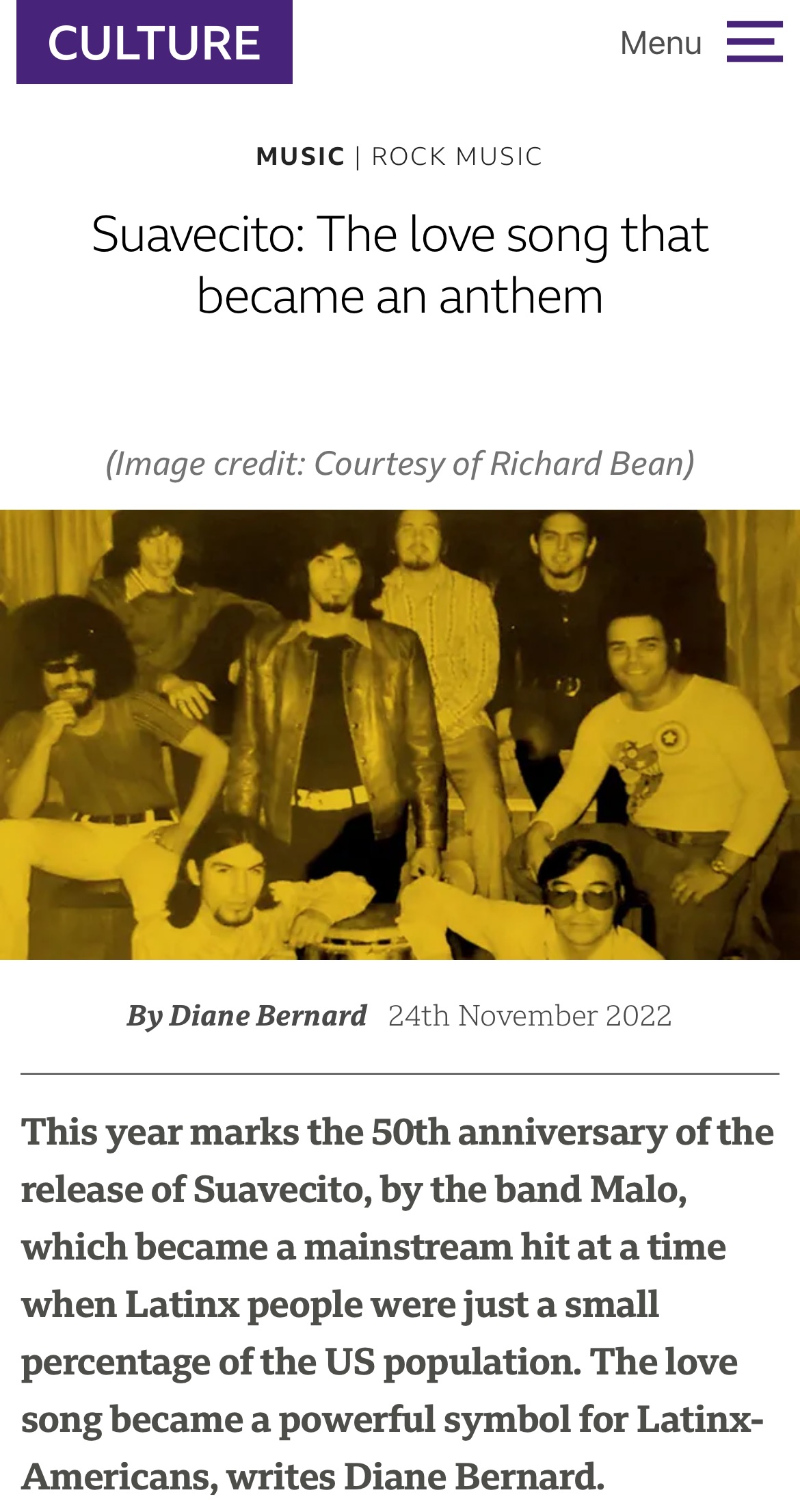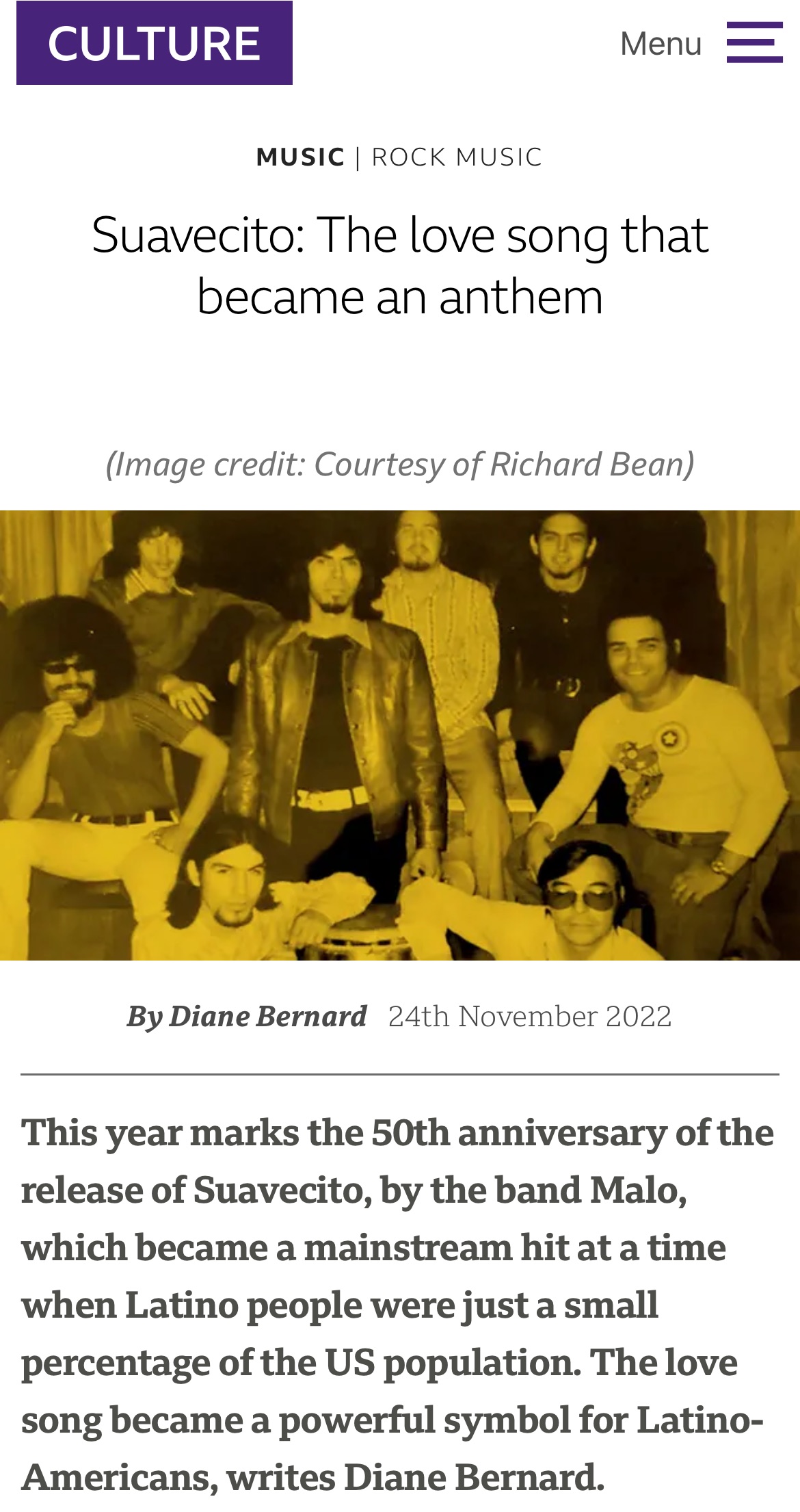Latin(x)
 Diane Bernard is a freelance journalist based in Washington, D.C. She writes for the Washington Post and NPR, among other mainstream media outlets. So, I guess she could be considered to be progressive and
Diane Bernard is a freelance journalist based in Washington, D.C. She writes for the Washington Post and NPR, among other mainstream media outlets. So, I guess she could be considered to be progressive and right on
.
And that probably explains why her article for BBC Culture, entitled Suavecito: The love song that became an anthem, mentions Latinx
no fewer than thirteen times.
Let's just hope that no Latinos or Latinas read it. (pipe)

Oh dear. It appears that Latinos or Latinas may've read it after all. Because someone at Beeb Towers soon tried to nix the cultural insensitivity in Bernard's less-right-on-than-she-might've-thought article, and a revised version was uploaded de inmediato.
For example, the lead has been corrected from the previous version (right). And other instances of Latinx
throughout the article have been replaced with Latino
.
Naturally, these changes aren't acknowledged anywhere, presumably to avoid drawing attention and ridicule causing further offence. Yet, while most of the instances of Latinx
were purged, two remain. Amusingly enough, these are to be found in the third and thirteenth paragraphs, where other instances were changed. Tee hee.
Have none of these dunderheads heard of search/replace? Then again, why do a proper job when you can just half-arse it? (shrug)
Paragraph three:
Suavecito made history as one of the most enduring classics of the Chicano rock era, symbolising Latinx pride and progress at a time when Mexican-Americans and other Latino people were fighting for equal rights in the US.
Diane Bernard, Suavecito: The love song that became an anthem, BBC Culture
Paragraph thirteen:
…About 25,000 Latinx people gathered in East Los Angeles to protest against the war and were viciously attacked by LA County deputies. These actions spawned a resurgence in Latino representation in art, music and literature, and Suavecito was the ultimate symbol of that growth.
Diane Bernard, Suavecito: The love song that became an anthem, BBC Culture